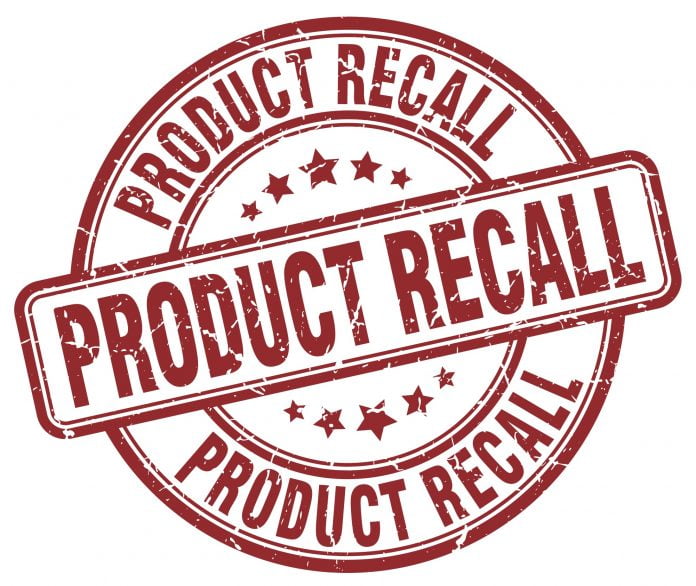People using Philips ventilation or positive air pressure machines (also known as BiPAP or CPAP) should consult with their doctor before changing their treatment, advises the Australasian Sleep Association.
“The Therapeutic Goods Administration has announced that a large number of Philips ventilators and positive air pressure machines need to be repaired,” says Associate Professor Alan Young, President of the Australasian Sleep Association.
“Some machines manufactured before 26 April 2021 contain sound-muffling foam that may break down and be breathed in when the machine is being used.
“If your machine is one of the affected models, you should speak with your sleep doctor or GP about whether or not you should keep using your machine,” Associate Professor Young said.
Positive air pressure devices are used to treat sleep apnoea, keeping a patient’s airway open at night and allowing them to function properly during the day. Ventilators are used for people with shallow breathing due to lung disease or muscle weakness.
“Patients really rely on these machines to keep them feeling well and productive and in some cases to keep them alive. It’s very important that you discuss your individual situation with your sleep doctor or GP and continue to use your machine until that time.”
Symptoms that patients might experience from affected machines include: headache, irritation (of eyes, nose, airway or skin), cough, chest pressure, nausea/vomiting and sinus infection.
“This problem is a very rare issue, and there have been no serious health problems that have been reported. But it is important that patients are aware of this issue, register their machine with Philips, and discuss their individual situation with their sleep doctor or GP,” says Associate Professor Young.
Affected machines are listed on the Philips website, along with information about how patients can register to have their machines repaired.










